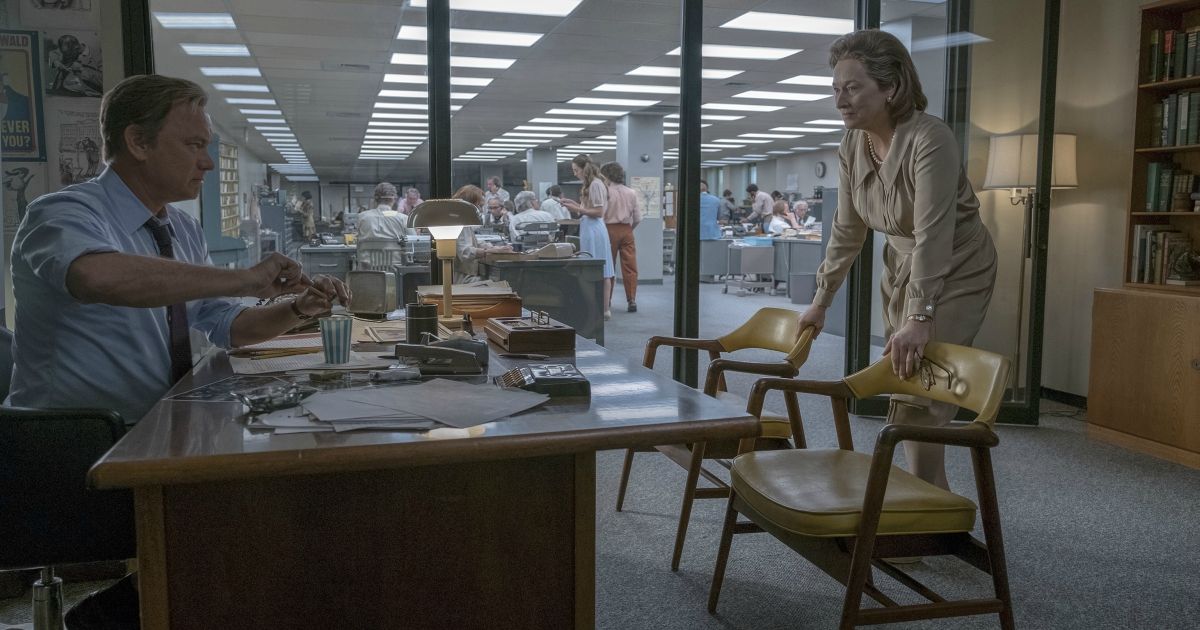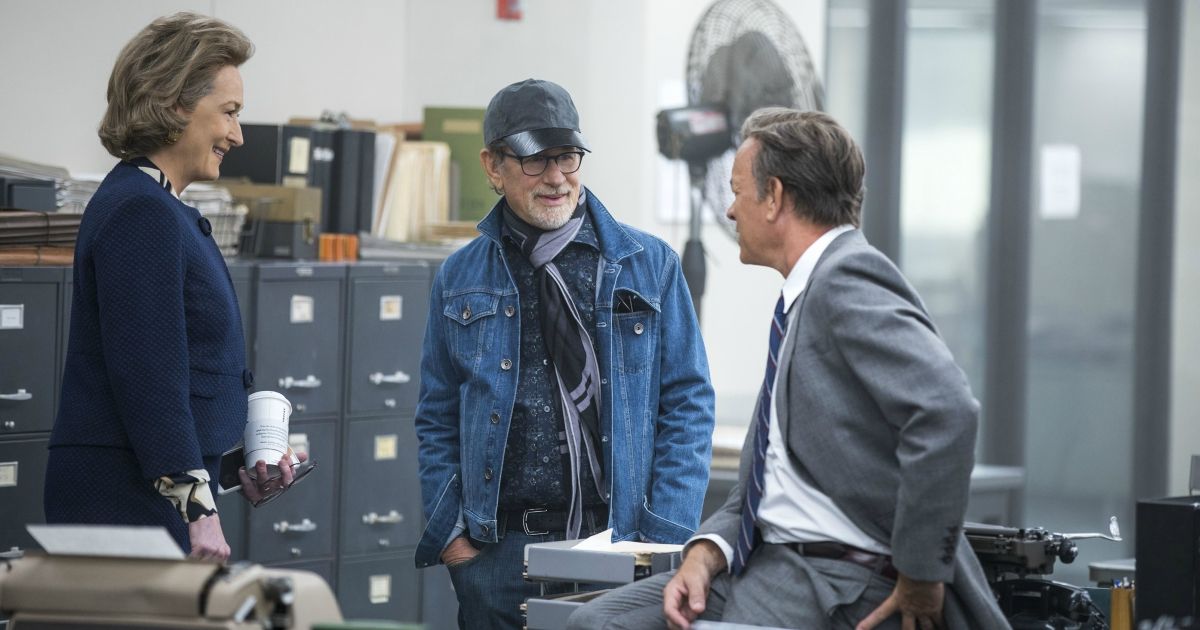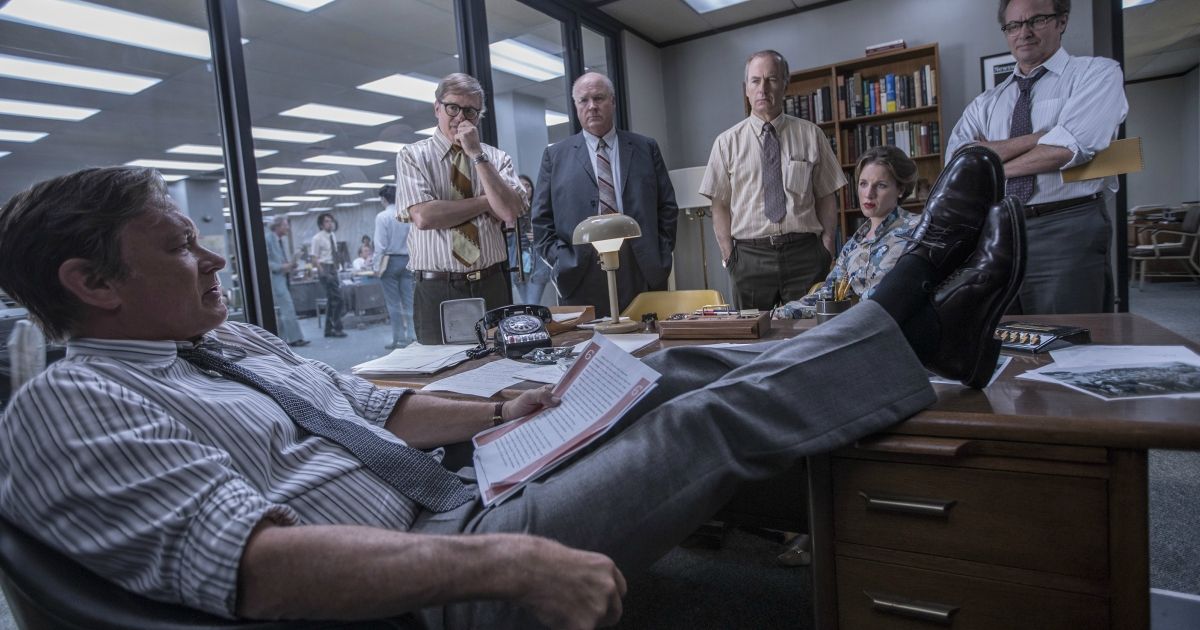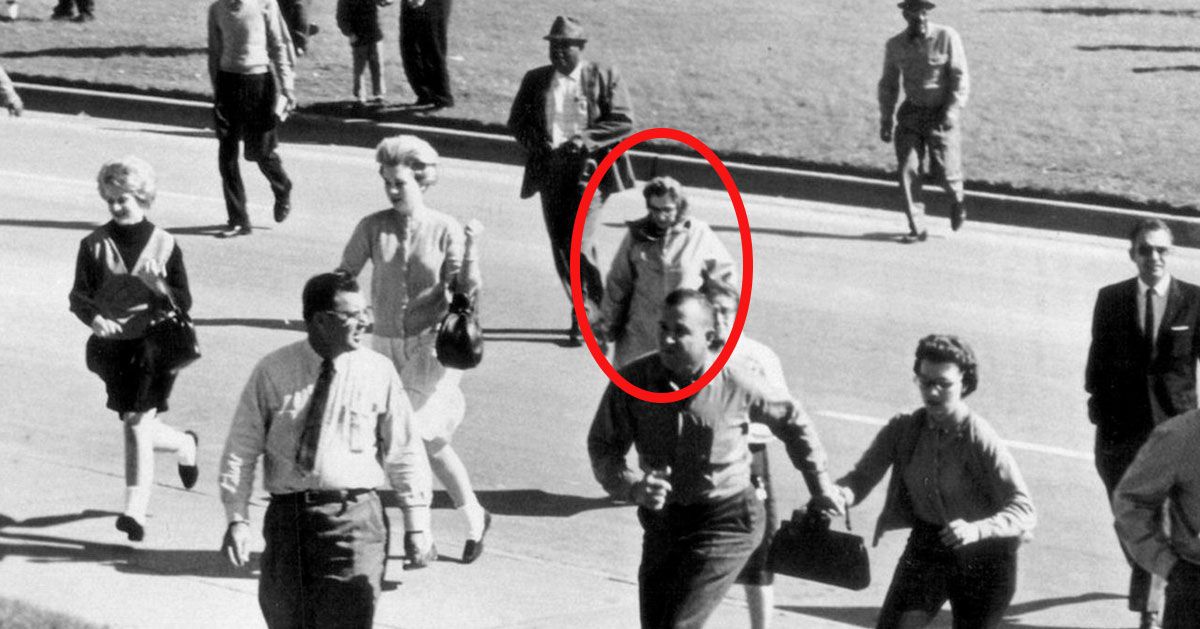Advertisement
Review: Tom Hanks, Meryl Streep Bring History to Life in Steven Spielberg’s ‘The Post’
Advertisement - Continue reading below

In 1971, The New York Times published what has come to be known as the Pentagon Papers. Officially titled “United States – Vietnam Relations, 1945–1967: A Study Prepared by the Department of Defense,” the detailed papers released by Daniel Ellsberg — who had worked on the study — were about the United States Department of Defense’s history of the United States’ political-military involvement in Vietnam from 1945 to 1967.
When the breaking news landed on the front page of The New York Times, it created a healthy competition with D.C. based The Washington Post, which at the time was known as a local paper.
Over four decades later, The Post delivers a behind-the-scenes dramatic account of how the papers came into the hands of Ellsberg (Matthew Rhys) and reached the desk of editor Ben Bradlee (Tom Hanks).
The Post is told with precision by director Steven Spielberg, from a historically accurate script written by Liz Hannah and Josh Singer. Hannah was inspired by memoirs from Washington Post publisher Katharine Graham and Bradlee’s account of the momentous decision to publish the Pentagon Papers. Singer added the finishing historical touches.

In fact, history buffs will find The Post riveting from the first line, but for those who are not as well-versed about our nation’s past, it will take some catching up. Patience pays off, as the drama unfolds all the way to the Supreme Court decision that “the press was to serve the governed, not the governors.”
The theme of government vs. free press is a universal one — or arguably should be — according to the creed of journalism. Hanks, who gives a hard-driving and commanding performance as Bradlee, gets to say the timely line, “Administration can’t dictate coverage because they don’t like what we print in our newspaper.” He was referring to then-President Richard Nixon putting dibs on what newspaper got the coveted assignment to cover his daughter Tricia’s wedding.
History repeats itself, as there is an underlying similarity to our current president and his ongoing tirade against many members of the press.

Meryl Streep, who can recite the phonebook and still be interesting, portrays Washington Post publisher Graham. Graham has her own place in history as the first female Fortune 500 CEO to run a boardroom which consisted mostly of the old-boy regime.

The Post shines a light on female empowerment, as Graham must assert her authority despite being constantly undermined by male board members, led by a crusty white-haired Bradley Whitford (Arthur Parsons).
Streep plays Graham with aristocratic blue-blood airs — wining and dining heads of state — including her best friend, Secretary of Defense Robert McNamara. McNamara, played by a charming yet conniving Bruce Greenwood, is under investigation for his alleged involvement in the White House telling Vietnam War lies for 30 years.
Graham is at odds with the bureaucracy of business and being in the trenches with her reporters, who must reveal the truth at all costs.
The reporters who round out the action are portrayed with calm assurance by television stars Carrie Coon (HBO’s The Leftovers) and Bob Odenkirk (Better Call Saul).
Odenkirk gives a standout performance as Ben Bagdikian, the journalist who received parts of the Pentagon Papers from Ellsberg and urged The Washington Post to publish them.

The newsroom set is reminiscent of All the President’s Men, whose Watergate scandal could very well be a sequel to The Post.
Spielberg is in his element, matching melodrama with non-fiction. John Williams’ soaring score highlights the race against the deadline to print the papers. The vintage printing press designed by Rick Carter is impressive, outfitted with authentic, old-school Linotype machines from the era.
History aside, what gives The Post its emotional gravitas are Hanks and Streep, who make perfect foils. This film marks the first time they’ve worked together. It shouldn’t be the last, as some of the best scenes in the film feature them going toe to toe.
The Post could deliver Oscar nods to each of them.
Advertisement - Continue reading below










